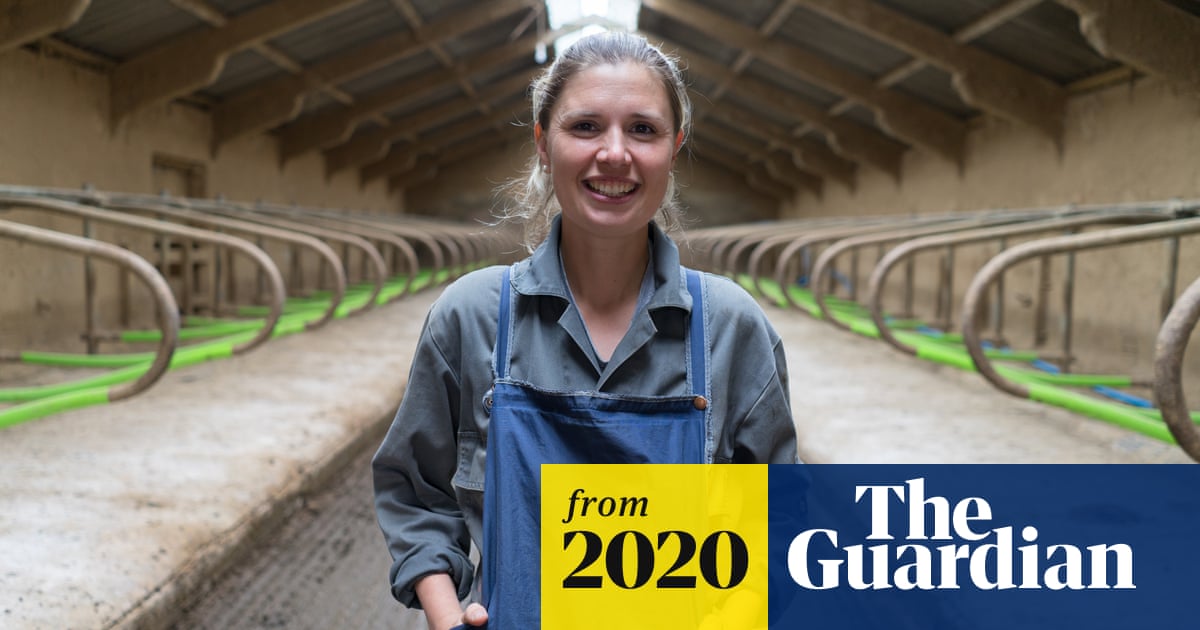toquark
Member
Our accountant reckoned that unless you were producing and therefore selling literally nothing then you were a commercial farmer in their eyes. It could be as little as a handful of lambs a year.HMRC would love it and screw the crap out of you as in their terms" hobby farmers"????
In my case I’m not looking to draw a wage from the farm, it’s an interest which at the same time builds a decent capital asset in the livestock and the infrastructure which is all paid for by the farm. I just supplied the seed capital and ongoing labour.
EDIT: and it also provides an excellentplace to live and raise a family
Last edited:







